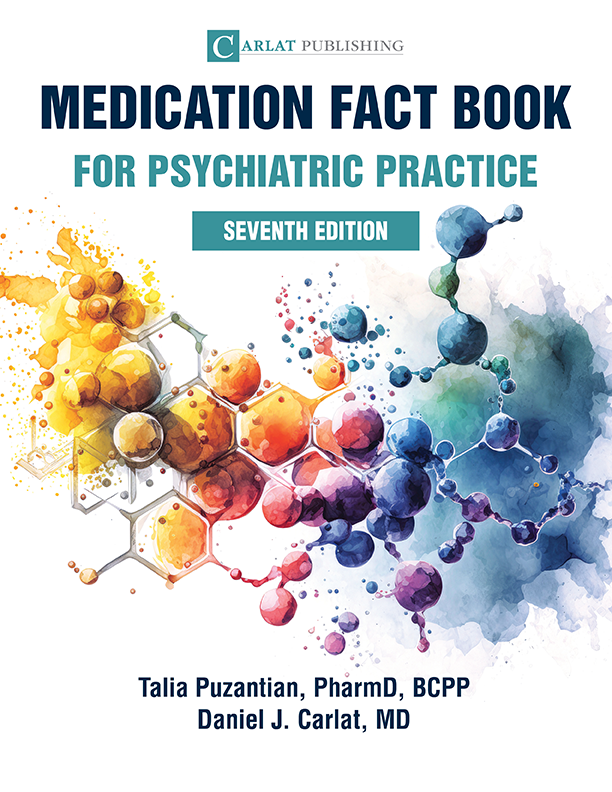General Psychiatry
Long Acting Injectable Antipsychotics: A Primer
Kelly Gable, PharmD, BCPP
Assistant professor of pharmacy practice Southern Illinois University, Edwardsville, School of Pharmacy
Daniel Carlat, MD
Editor-in-chief, The Carlat Psychiatry Report
Read More
Adding Psychosocial Interventions Can Improve Outcomes in Schizophrenia
Section editor, Glen Spielmans, PhD
Read More

_-The-Breakthrough-Antipsychotic-That-Could-Change-Everything.jpg?1729528747)



